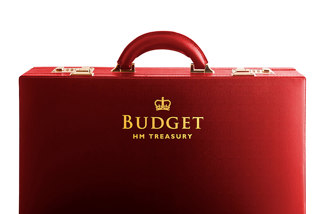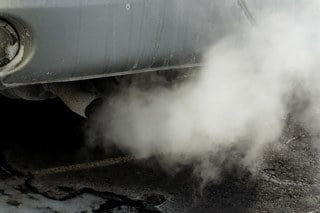ACFO believes that virtually every diesel company car will be hit with the increase in BIK announced in the budget.
John Pryor (pictured), chairman of the fleet representative body, said: “The Government’s decision to increase the diesel company car benefit-in-kind supplement from 3% to 4% for all diesel cars that are not certified to the RDE2 standard is grossly unfair.”
The supplement will apply to cars registered on or after 1 January, 1998, which do not have a registered NOx emissions value. It will also apply to models registered on or after 1 January 1998, which have a registered NOx emissions value, which exceeds the RDE2 standard.
“It is virtually certain that every diesel company car will be impacted,” said Pryor. “Fleet decision-makers must make their company car drivers aware that this additional tax charge will apply from 6 April, 2018.
“Fleets and drivers choose to operate diesel company cars because they are efficient, particularly for when clocking up high annual mileages. To penalise such a business-led decision is grossly unfair.”
With already announced company car benefit-in-kind tax rates rising year-on-year, the one percentage point diesel supplement increase further slices away at the value of company cars to both employers and employees, explained Pryor.
He continued: “Employees particularly may think that it is not worth having a company car and may opt for a cash allowance.
“By ‘doing their own thing’ it may well be that those employees choose an older, more polluting vehicle than the company car they may otherwise have been entitled to, which then damages the government’s bid to improve air quality.
Company car benefit-in-kind tax
Pryor said: “Fleets, company car drivers and businesses need a clear understanding of what will happen to company car benefit-in-kind tax rates from April 2020, when the switch to a Worldwide harmonised Light vehicles Test Procedure (WLTP)-based regime will take place.
“ACFO does not want to see huge increases in company car tax bills as a result of the change, otherwise it will be a further nail in the coffin of company car demand with employees opting to take cash.
“Once again, ACFO is concerned that company cars could be seen as a government cash cow. Company cars are typically amongst the most efficient in terms of emissions in the UK, but the Government appears to be targeting these vehicles while doing little to remove older, polluting vehicles from the UK’s roads.
Mobility
Business mobility or Mobility-as-a-Service (MaaS) is being much talked about across the corporate sector.
ACFO says it is therefore pleased that the Government has seen fit to introduce a railcard for people aged 26-30. “Cutting rail fares by a third for ‘millennials’ will give them access to cheaper tickets, which will further encourage companies to look at travel alternatives to the traditional car,” said Pryor.






















Sage & Onion - 23/11/2017 14:11
This latest move by the Chancellor, in conjunction with his other brainless idea to increase VED on high value ULEV's in his last budget, is going to be counter-productive for their target of improving local air quality. I will be reviewing our fleet policy and will probably look more seriously at the cash vs car option which will only drive employees into older, cheaper and dirtier cars, as the article has suggested. I hate the idea of introducing grey fleet too but it seems we have to consider it now. If we advise drivers that their tax is going to increase by more than it already was going to then we will get drivers wanting to change their cars and when they are on a lease contract that's just not feasible. And we can't really turn the policy to favour petrol models because the government can't be trusted not to penalise petrol and petrol hybrids when they discover the greenhouse effect of higher co2 levels starts getting out of control too. We are see-sawing to a place where nobody will want a company car, or where drivers may start asking for 4x4 Double Cab pick-ups and pay the flat-rate BIK for vans, and these pollute more than their existing cars! Madness really. It makes you wonder who advises the Chancellor and other Ministers and shows how out of touch they are with company car drivers.